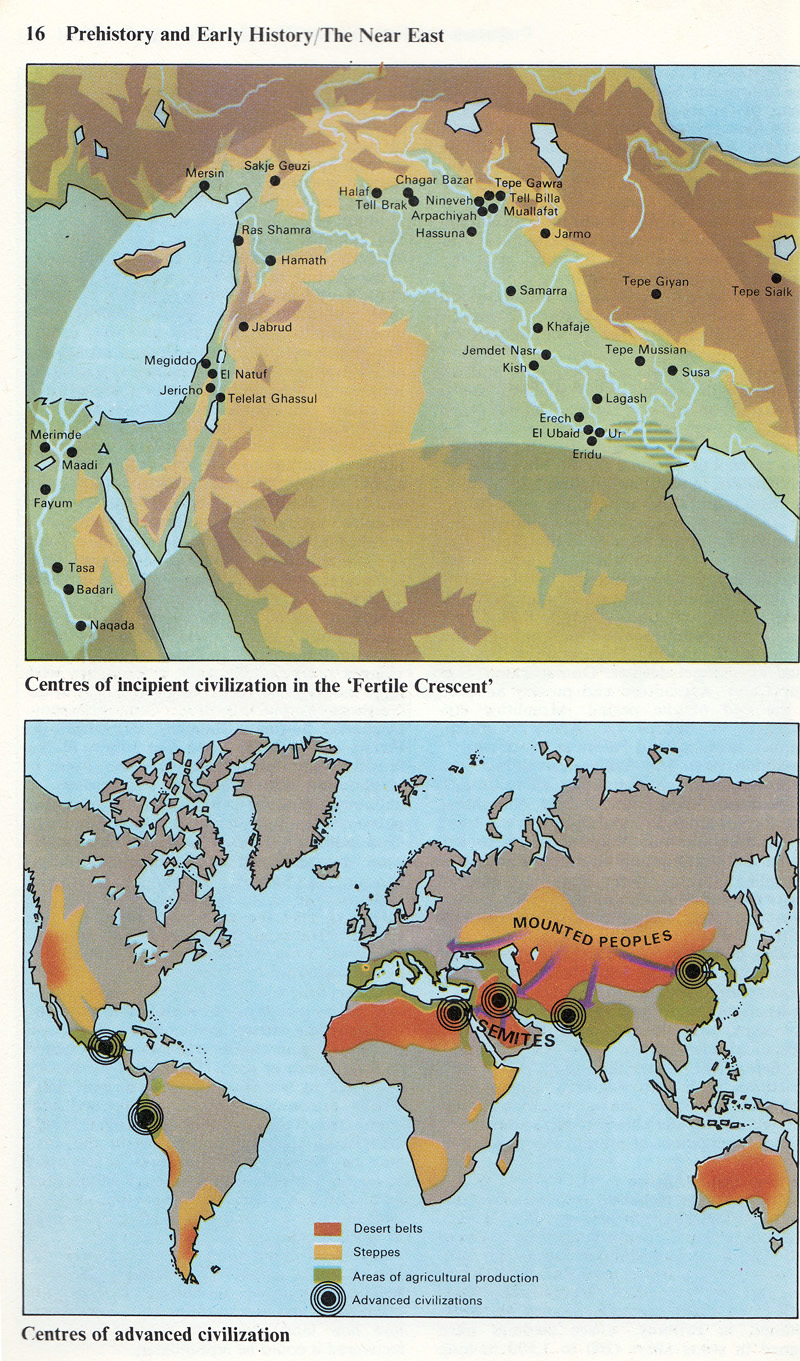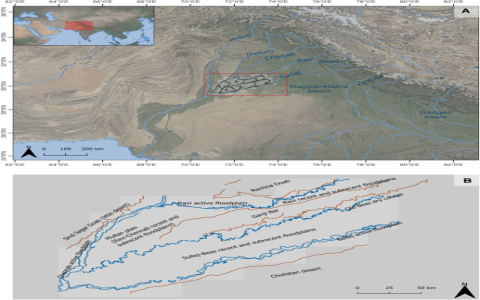So last weekend I finally dug into that ancient civilizations map I bought months ago—you know, the dusty one rolled up in my closet corner? Man, I was sick of staring at confusing tourist signs at historical sites. Here’s exactly how I figured this thing out.
Step 1: Actually Unrolling the Beast
First struggle? Getting this giant map flat without breaking my grandma’s vase. I cleared the dining table, used coffee mugs as weights on the corners, and still fought with it curling back up like a grumpy cat. Took like 10 minutes just to see the whole Mediterranean spread out.
Step 2: Deciphering the Hieroglyphics (Legends)
The map’s key looked like someone spilled alphabet soup. Little triangles for pyramids, dots for temples, squiggles for rivers—total chaos. I grabbed a notebook and scribbled down what each symbol meant. Pro tip? Circle stuff you care about. I marked all Roman amphitheaters ’cause I’m obsessed with gladiator stories.
Step 3: Matching Spots to Real Life
Took the map to Hadrian’s Wall last Tuesday. Held it up, squinted… and nada. Wind almost carried it off too! Then I realized: the map had tiny latitude/longitude lines. Pulled out my phone’s compass app, matched the coordinates roughly, and BAM—finally saw how the wall snaked exactly where the map showed. Felt like cracking a code!

Step 4: Avoiding Tourist Traps
Most useful hack? Cross-referencing the map’s lesser-known sites with my travel guide. While crowds mobbed the main Pompeii gate, my map pointed me to this tucked-away villa with insane intact mosaics. Zero people there. Just me and some ancient duck artwork. Winning.
What Actually Works
- Ignore timelines—focus on symbols clustered together for one area
- Cheap magnifying glass saved my eyes on tiny text
- Trace routes with erasable marker (lightly! don’t ruin it)
Final takeaway? This ancient map thing isn’t instant magic. You wrestle with it, curse a bit, but once it clicks? Suddenly you’re finding crumbling temples like a pro. Still got lost three times though—some skills take practice.




